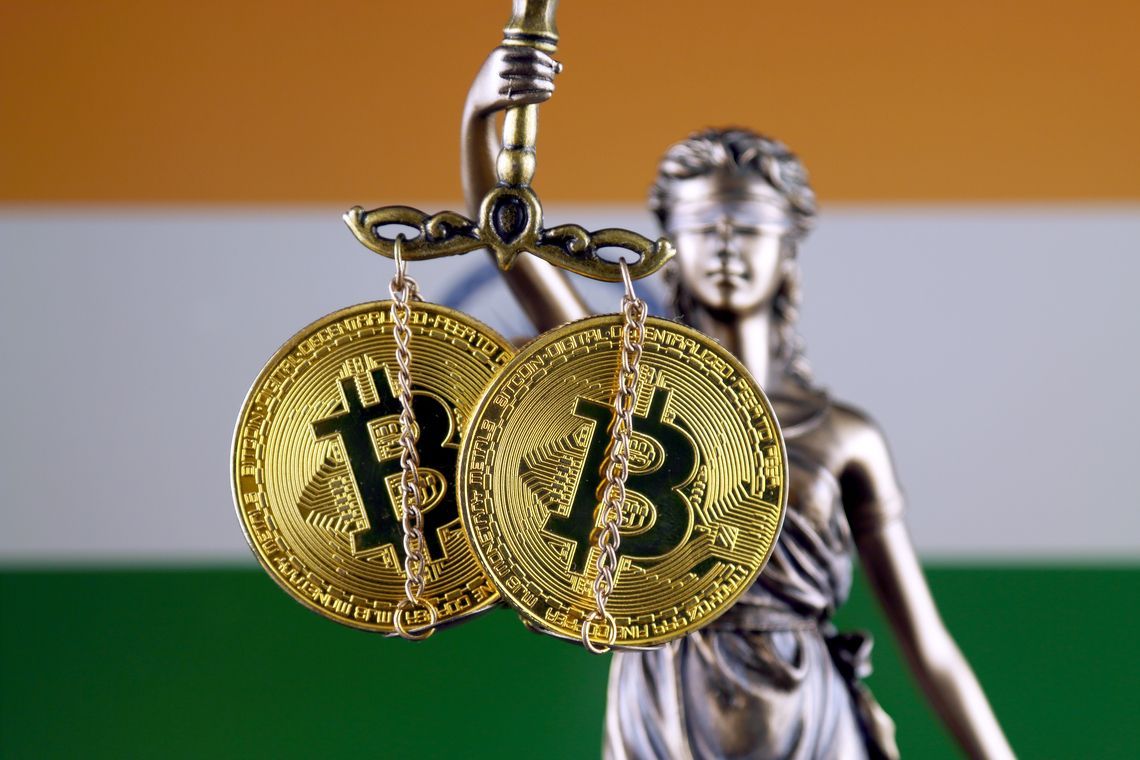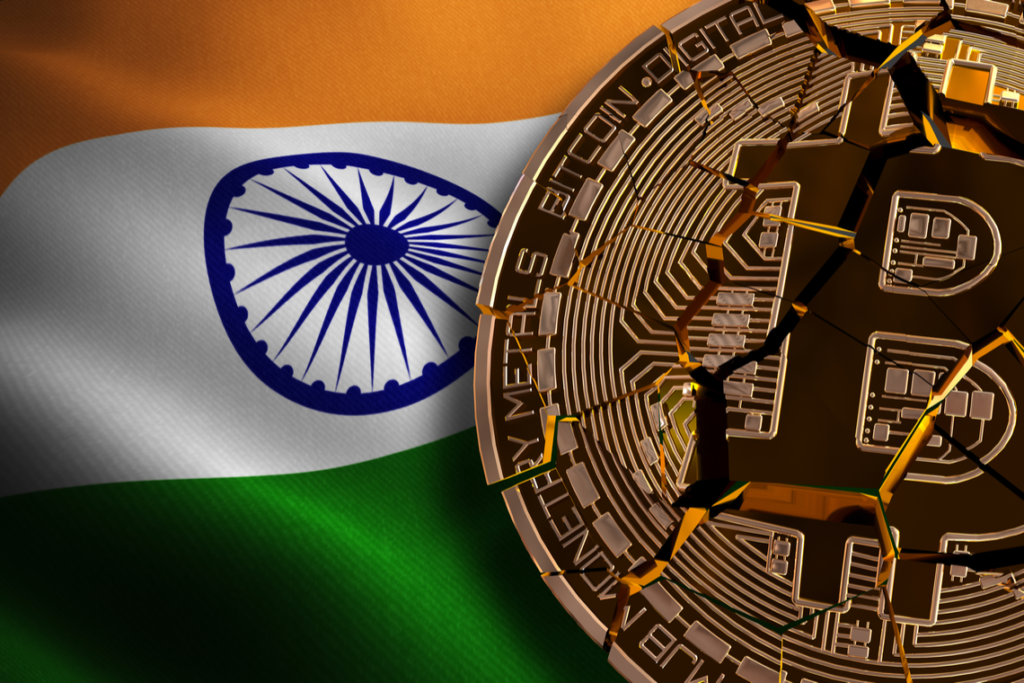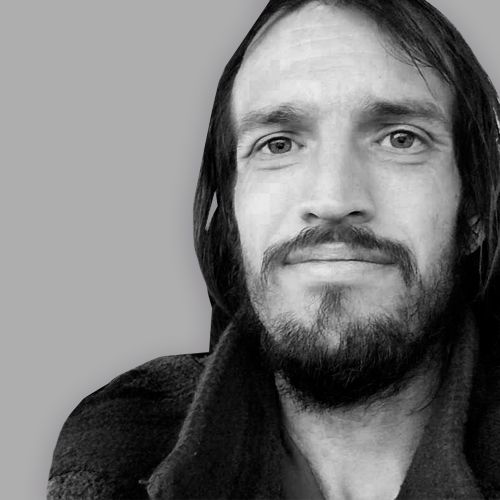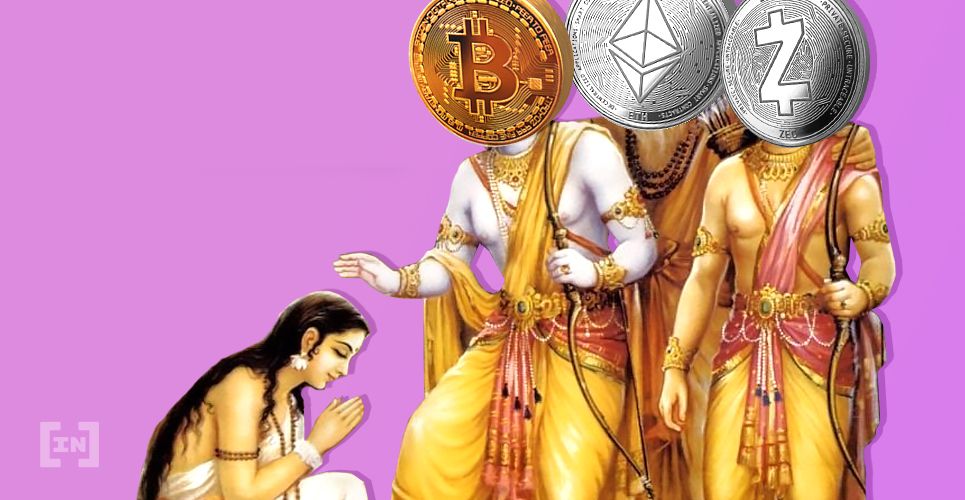On Feb 25, 2019, India’s Supreme Court (SC) allegedly told the Union of India that it has four weeks to come up with a cryptocurrency policy. If it fails to do so, the SC states it will come up with its own ruling—though it seems unclear as to what that might be.
Another problem is that no primary sources have confirmed these reports. All of the information currently available is based on second and third-hand sources.
Let’s investigate to found out whether or not this is fake news.

Fake News?
Initial reports appeared from Inc42. Author Suprita Anupam states that the SC Justices Rohinton Fali Nariman and Vineet Saran are the two judges responsible for the current ruling. Other sources point to a tweet from Twitter user @Cryptokanoon in which he posted a video on YouTube as evidence. Still, some are stating the news surfaced from elsewhere.The actual source of these reports is not yet confirmed. There appear to be no official documents from Anupam, Nariman or the SC to substantiate these claims. It is possible that the judges made this decision, but they have yet to confirm what is being reported. Until such a time that this information is validated by first-hand sources, it can only be considered hearsay. The actual details, thus, are subject to change and may prove to be false. Nonetheless, if the report is true and the four-week period commences today, the Union of India must theoretically present a cryptocurrency policy to the SC by Mar 25. [bctt tweet=”The Union of India may present a policy for regulating Bitcoin and other cryptocurrencies by Mar 25.” username=”beincrypto”]#CryptovsRBI update!
— Crypto Kanoon (@cryptokanoon) February 25, 2019
Supreme Court has granted 4 weeks to Indian Government as the final opportunity to bring about a policy (Rules and Regulations) on Crypto currencies!
For details, please watch this video both in Hindi and English. https://t.co/R8E5wuGPHJ
What We Know
The SC is currently hearing two cases regarding cryptocurrency in India. One filed by those attempting to ban cryptocurrencies from the country while the second is trying to legalize and possibly regulate the sale and usage of virtual currencies. In July 2017, Siddharth and Vijay Pal Dalmia filed a Public Interest Litigation with the SC in an attempt to ban the sale of cryptocurrency in the country. The Court sent an Order to the Reserve Bank of India (RBI) on July 19, 2017, to investigate the issue. On April 6, 2018, the RBI released a circular which ordered all banks and financial institutions regulated in the country to stop servicing cryptocurrency exchanges. This order went into effect on July 5, 2018. Others have joined the Dalmias in their case to ban Bitcoin and other virtual currencies in India. The second case was filed by Kali Digital Eco-Systems on April 17, 2018. Others soon joined in, arguing that the RBI order should be repealed.
A Middle Ground?
If the current news about the SC and cryptocurrency in India is true, it seems that the Courts are willing to compromise and find a middle ground between both parties. They have supposedly offered India’s government to create a policy for regulation. This would suggest that they are willing to repeal the RBI ban if proper regulations can be first defined. However, given that primary sources are lacking, much of this news remains speculative. Do you think that the Supreme Court of India will rule in favor of Bitcoin or outlaw cryptocurrency in India once and for all? Let us know your thoughts in the comments below!
Top crypto projects in the US | April 2024
Trusted
Disclaimer
In adherence to the Trust Project guidelines, BeInCrypto is committed to unbiased, transparent reporting. This news article aims to provide accurate, timely information. However, readers are advised to verify facts independently and consult with a professional before making any decisions based on this content. Please note that our Terms and Conditions, Privacy Policy, and Disclaimers have been updated.

Alexander Fred
Global AI, Data Science, and Blockchain expert. Alexander writes for BeInCrypto where he completes technical analyses of various alt-coins and qualitative commentary and analysis about various cryptoassets and their potential for social integration.
Global AI, Data Science, and Blockchain expert. Alexander writes for BeInCrypto where he completes technical analyses of various alt-coins and qualitative commentary and analysis about various cryptoassets and their potential for social integration.
READ FULL BIO
Sponsored
Sponsored

